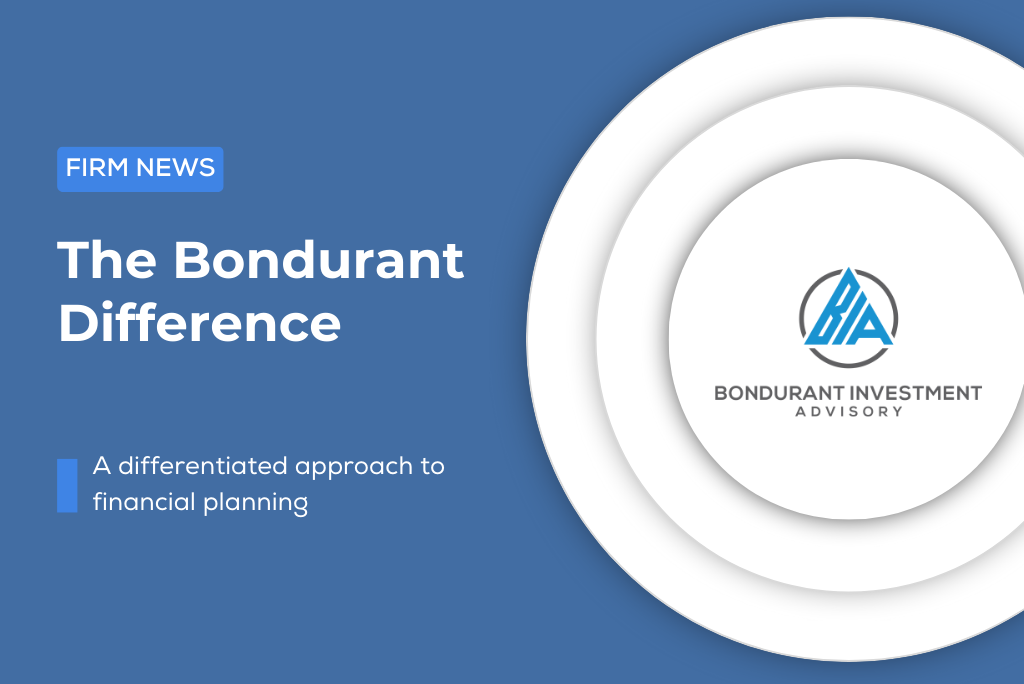Fixed-income investments (bonds and other interest-bearing instruments) have traditionally been a cornerstone for many investors’ portfolios. Because of their typically low volatility when compared to equities (stocks), fixed-income holdings are a popular means of reducing exposure to wide swings in value for the overall portfolio.
However, fixed-income investments can also display a number of shortcomings for investors who are focused on building significant wealth. Low yields, lack of potential for appreciation, and, perhaps most important, tax inefficiency can combine to limit opportunities for the type of growth that many investors desire to achieve. The typical fixed-income portfolio, while good at providing a predictable income stream, may be less capable of generating returns that can outpace inflation over the long term.
Is there an alternative to fixed-income that could provide investors with lower volatility and, at the same time, better long-term appreciation and income potential? A possible answer to this dilemma may be found in selected real estate investments.
Taking Advantage of the Advantages
Seasoned real estate investors have known for a long time that the tax code offers many opportunities. For example, the depreciation allowance can permit an investor to offset some or all of the revenue from an income-producing property: in effect, creating a tax-efficient or even tax-shielded income stream. Also, it is possible to avoid or delay the tax consequences of selling a property at a profit by re-investing the proceeds in a similar property of equal or greater value by means of a 1035 exchange. And there are other tax advantages available to those who invest in real estate.
But real estate investing can also be unwieldy. It can be hard to sell a specific property when liquidity is needed, and real estate investors are also subject to the same market forces as everyone else.
It is possible to invest in real estate without actually taking ownership of a specific property. By purchasing shares in a real estate fund or entering into a general partner/limited/partner investment structure, investors may be able to enjoy tax-efficient income and capital appreciation potential of real estate investing without assuming the liquidity concerns that can accompany direct ownership.
Real Estate as a Hedge Against Inflation
Fixed income securities that pay a fixed coupon rate provide little if any protection against inflation. When inflation increases, it is highly likely that interest rates will also increase. When interest rates rise, investors can buy new fixed income securities that pay higher coupon rates; therefore, the fixed income securities already owned will be worth less and their prices will go down. On the other hand, most real estate rental properties reprice on a regular basis when their leases expire. If inflation goes up, then they will be able to increase their rental prices; so, investor returns will generally rise at close to the rate of inflation.
Multifamily Real Estate for Income and Appreciation
Funds that invest in selected multifamily residential properties located in growing communities may be able to provide an income stream that actually increases over time, unlike bonds, which pay a fixed coupon rate until maturity. Over time, rental rates will tend to increase, and if a fund targets specific communities with anticipated growth rates higher than the national average, the fund may be expected to deliver even more reliable revenue streams with the potential to keep pace with or even outperform core inflation.
Additionally, because properties owned by the fund are selected for the growth characteristics of the communities in which they are located, prospects for long-term appreciation in value may be enhanced. Unlike bonds, which mature at face value, the underlying capital value of the properties in the fund may allow for significant increases in value, providing an additional inflation hedge for the fund’s investors.
Finally, volatility in the value of the fund’s holdings may be expected to be moderated by the nature of the fund’s holdings. By selecting properties typified by strong rent-to-income ratios, the fund may be able to generate a more stable cash flow. Additionally, even during periods of economic stress, families will prioritize rent payments over other, more discretionary expenses, which often provides greater stability for the fund’s income stream.
Investors who wish to increase their diversification and potentially obtain a higher level of after-tax income may wish to consider allocating a portion of their fixed-income holdings to a real estate fund such as that described above. The combination of low volatility, tax-efficient income and compounding, and high capital appreciation potential make this an alternative that should be considered for those seeking to build significant wealth.
Bondurant Investment Advisory is a fiduciary financial advisor. We are always researching alternatives for building wealth and to help secure your financial future. To learn more about the opportunities offered by investing in multifamily residential real estate, or for other questions about your portfolio or other important financial topics, please contact us.







